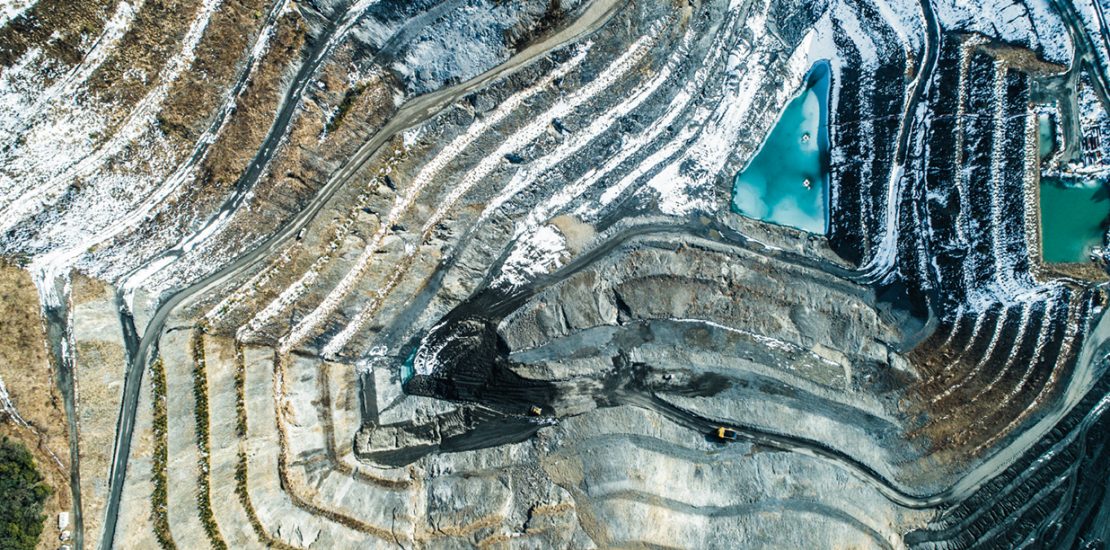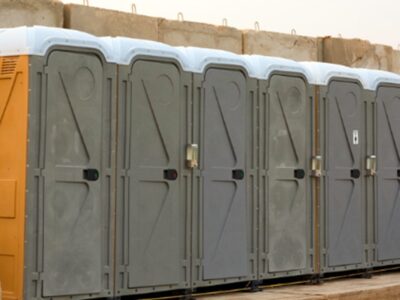Have you ever imagined yourself living in a world where mining did not exist? Would that be possible? If there were no mining, the world we live in would certainly not be the same. Everything around us depends directly or indirectly on mining.
Minerals such as tungsten which can be gotten from a tungsten carbide supplier for example are essential components for producing cars, cell phones, computers, batteries, buildings, clothes, many industrialized foods, and even the drinking water that comes to your tap, among other things. Thus, it is possible to say that mining is an important industrial activity in modern life and extremely important for a country’s economy, and indispensable for the socio-economic development of our society.
How can we talk about electric cars without mentioning the batteries that replace fossil fuels? How to talk about solar energy without talking about solar panels? The future is also directly linked to mining.
What Is Mining Anyway?
Mining is extracting minerals that are naturally concentrated in the earth. It is an economic and industrial activity consisting of research, exploration, mining (extraction), and ores processing in the subsoil. The mining process involves the extraction of minerals and involves several steps to be followed until reaching the final product: research and exploration, mining, and processing.
For these minerals to reach your home in the form of final products (such as television, computers, and cell phones), theoretical and practical knowledge is necessary. Generally, the support of a geologist is essential both in the research and mining phases. Despite the high volume of information currently available on the web, specialized technical support is essential in knowing the deposit and its regulation.
Mine, mining, exploration. Was it complicated? In the following topics, we will detail each of these terms. Have you ever stopped to think about this very precious asset we call ore? And what would they be?
Ores are rocks or minerals that can be mined, from which ore minerals (aluminum, manganese, etc.) or gemstones (diamond, tourmaline, emerald, etc.) industry or end consumer. To be an ore, the element must have a concentration (or content) above its average on the earth’s surface; its concentration must be an anomaly rarely found.
The ore can be a rock in the form of veins, spreads or small amounts of minerals, or solid masses. These are divided into metallic, non-metallic, aggregates, fertilizers, industrial, ornamental rocks, energy resources, and water. The composition of minerals forms the mineral-ore, and its value is known for its metallic content, which, when benefited through metallurgy, are concentrated, melted, and refined.
It can be said that these ores, to be economically exploited, need to have quantity, content, and physicochemical characteristics (reserves), in addition to infrastructure and location that enable their flow.










Comments